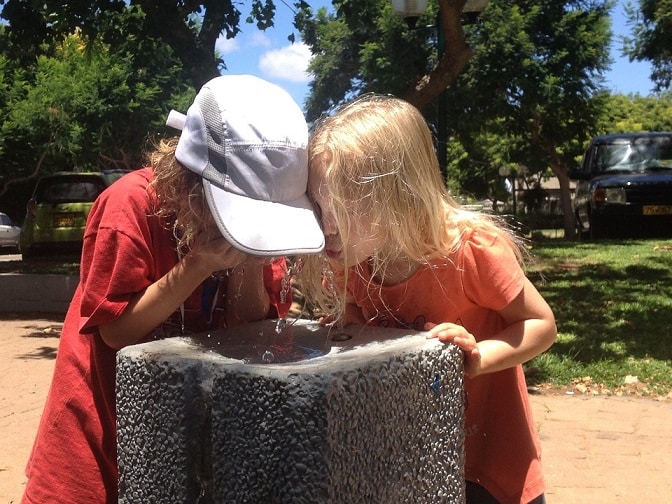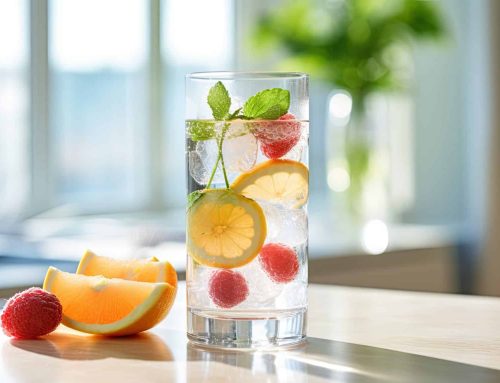 Babies and young children are more susceptible to becoming dehydrated than adults are, and it is therefore very important that parents and caretakers are able to recognise the symptoms of dehydration.
Babies and young children are more susceptible to becoming dehydrated than adults are, and it is therefore very important that parents and caretakers are able to recognise the symptoms of dehydration.
Some of the key reasons that these young ones are more at risk for dehydration include:
- Babies and young children have a higher percentage of water in their bodies ; babies are around 90% water as opposed to the average adult who has around 70%;
- Children use more water because they have a higher metabolic rate;
- Babies and young children often refuse to drinkwater, especially when they are ill;
- Babies and young children still possess an as yet undeveloped immune system, therefore can contract infections and illnesses that cause vomiting and diarrhoea and lead to dehydration, more easily.
It is crucial for parents and caretakers to not only know the dehydration symptoms in children but also to understand how to prevent dehydration in children and babies.
Dehydration Symptoms in Children
Some of the early symptoms of dehydration to look out for in babies and young children are:
- A dry mouth or sticky saliva
- Dry lips
- Minimal urine output or dark yellow urine
- Irritability
Replenishing with fluids will usually resolve the mild dehydration.
Call your doctor or take your child to the hospital if he or she exhibits any of the following symptoms of dehydration:
- Blood in the vomit or stool
- Confusion
- Dark yellow urine
- Diarrhoea lasting more than 5 days in a child
- Diarrhoea or vomiting (for babies under 2 months old)
- Dizziness or light-headedness
- Dry mouth or eyes
- Lethargic or slow moving
- Listlessness
- Little or no urine
- No tears or sunken eyes
- Sunken soft spot on your baby’s head
- Vomiting lasting longer than 12 hours for a child
How to Prevent Dehydration in Children
It is best to prevent dehydration in children by encouraging your child to drink water on a regular basis, especially in hot weather or when the child is playing or exercising.
Watch small children closely when they have illnesses that cause them to have diarrhoea, vomiting or fever and begin fluid replacement as soon as possible; do not wait for signs of dehydration. Children often do not like to drink water, but it is the best method of fluid replacement, so try to encourage them by investing in a water cooler (they love the chilled water and the fact they can help themselves) or add a bit of juice or flavouring to the water with fresh fruit or sugar-free cordials.
Get a free water cooler trial and site needs assessments in London.





